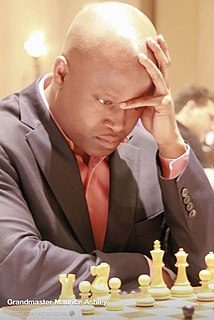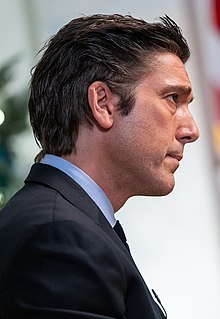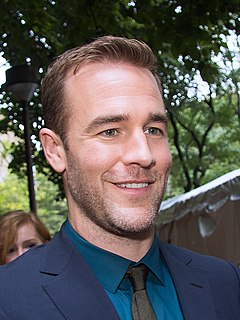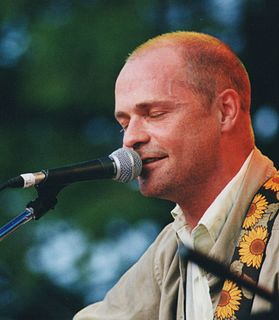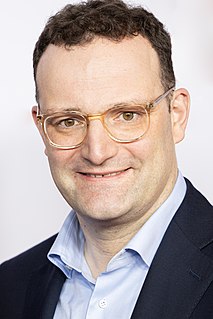A Quote by Genndy Tartakovsky
I've always felt that kids are a lot smarter than we've given them credit for, but we've never given them a chance to figure things out as they're watching television.
Related Quotes
I went to a school where everyone was smarter than me. And I'm not blowin' smoke, I, my, I was surrounded by genius, genius kids. What's interesting about growing up in a culture like that is you go, "All right, I gotta figure out what my thing is. Because I'm not smarter than these kids. I'm not funnier than half of them, so I better figure out what it is I wanna do and work really hard at that because intellectually I'm treading water to, to be here."
I always felt that it was easier to take a funny person and teach them to write television than to take somebody who was a television writer and make them funny. And I discovered a lot of great writers that went on to do a lot of great shows like 'Seinfeld,' 'Friends,' you know, 'Three and a Half Men.'
I didn't like what was on TV in terms of sitcoms?it had nothing to do with the color of them?I just didn't like any of them. I saw little kids, let's say 6 or 7 years old, white kids, black kids. And the way they were addressing the father or the mother, the writers had turned things around, so the little children were smarter than the parent or the caregiver. They were just not funny to me. I felt that it was manipulative and the audience was looking at something that had no responsibility to the family.


